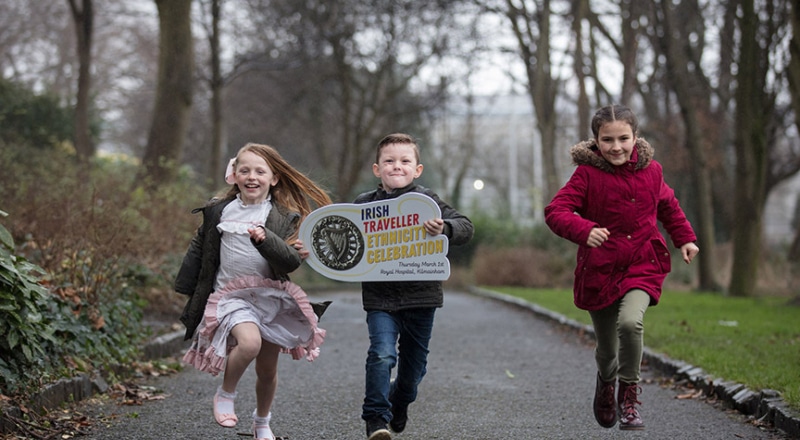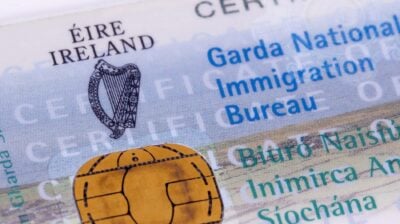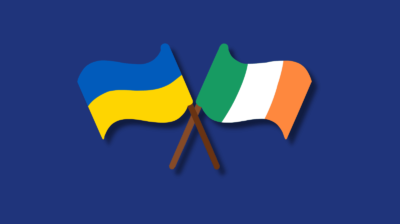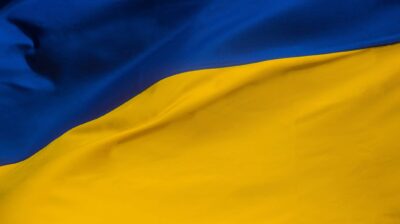Who are the Travelling Community in Ireland?
Learn more about the history, traditions and challenges faced by the Travelling Community

The Travelling Community is an Irish ethnic minority group. Travellers traditionally lived nomadically, moving from place to place, and followed their family routes around a region in Ireland looking for work and visiting fairs. Over the past few decades Irish Travellers have been forced off the roads due to a number of reasons including government policies, laws causing shortages of stopping places or halting sites, and fairs ceasing to trade. Traveller families are now less able to travel and many have been moved into halting sites and houses around the country.
Are Irish Travellers an ethnic minority?
A recent study based on DNA testing, by the Royal College of Surgeons and Edinburgh University suggests that Irish Travellers emerged as a distinctive Irish group at least 12 generations or 360 years ago, around the year 1657. Many individual Traveller families will also have their own ‘origin’ theories or family stories as to how they came to travel on the road.
On the 1st of March 2017, after 25 years of campaigning, Irish Travellers were recognised as an ethnic minority group by the Irish government. Irish Travellers are indigenous Irish people, but are a distinctive group within the general population, and ethnically different due to a shared history, traditions, culture and language, among many other elements.
Has ethnic recognition helped the Travelling Community?
Ethnic recognition should in theory help Travellers to protect their culture and traditions, and provide extra supports in the areas including education, accommodation and health. But the Travelling Community continue to face discrimination in many aspects of life including accessing employment, healthcare, housing and education. A National Framework for Traveller and Roma Inclusion (NTRIS) is currently in development tackle these issues. So far little has changed but the Travelling Community are keeping pressure on the government to improve the lives of Irish Travellers in Ireland.
What are the traditions of the travelling community?
Trades people
Traditionally, tin-smithing was widely practised among Travellers, who could hand craft many different kinds of pieces in tin or copper. Mugs, buckets, coal scuttles and churns are only a small selection of the various items that a Traveller could make. Travellers also took up seasonal work for farmers, such as fruit and potato picking. This independent spirit is a strength and source of pride by many people in the community and is carried on to this day in the form of market stalls, gardening businesses, online selling and revamping furniture, to give only a few examples.
Sewing and clothes making
Traveller women would traditionally make something called a ‘beady pocket’, which is a kind of handmade handbag worn around the waist, usually under an apron. The pocket would hold money and important items for the family. The flap on the front would be highly decorated with hand-stitching, buttons, beads and other trinkets which were exchanged or gifted between other Traveller women. They could act as a ‘memory box’ for when the women last met, or mark an important occasion. Many Traveller women still enjoy personalising their clothing and accessories, even if they no longer make the beady pockets.
Music
The Travelling Community also have a long tradition of playing music. Uillean pipers Felix and Johnny Doran influenced pipers across the globe on the Irish traditional music scene. Paddy Keenan is another example of this tradition. John Doherty and his family also regularly performed around Donegal, playing a unique blend of fiddle tunes. Finbar Furey also comes from a Traveller family of musicians. Singer and storyteller Thomas McCarthy recently won the Singer of the Year Award at the TG4 Traditional Music Awards. Steo Wall is also one of many up and coming singer/songwriters to have appeared on TV talent shows.
Family and religion
Travellers are usually very family-orientated and often religious. Traveller headstones are often very elaborate to demonstrate how much the person was loved by their family. Travellers may go on religious pilgrimages including Croagh Patrick, the Camino or to visit Knock Shrine to express their faith.
What are the challenges faced by the Travelling Community?
There are many challenges faced by Irish Travellers. The suicide rate in the Traveller community is six times higher than in the general population and seven times higher among young Traveller men. A lack of support, coupled with discrimination and racism are often cited as the main reasons for the high rate.
Healthcare
An All Ireland Traveller Health Study from 2010, found that the average life expectancy of a Traveller man is 61.7 years, compared to the national average of 76.8. Traveller women have a life expectancy of 70.1 compared to the national average of 81.6. Travellers have a 14.1% infant mortality rate, compared to the settled population at 3.9%. It is often difficult for Travellers to access medical care, antenatal and postnatal care, mental health support and other services settled people use to keep healthy.
Housing
A shortage of accommodation is a big issue for Travellers and is also a factor in health problems in the community. With not enough halting sites to live in a traditional manner, Travellers may be forced to accept standard housing, sometimes far away from their family. They may feel isolated and have to hide their identity from their neighbours. Even for Travellers who want to live in houses or apartments, problems arise with landlords discriminating against them. The halting sites which do exist are in need of maintenance, updating, or expansion. Councils have money allocated to them every year to do this, but there is an issue with many councils not drawing down the money, or when they do try to build new halting sites, local residents oppose the development. There is also a disproportionately high ratio of Travellers among homeless people.
Unemployment and Education
Irish Traveller unemployment is currently at above 80% due to discrimination by employers, racism in the workplace and a lack of support in educational achievement and training opportunities. Educational attainment among Travellers is significantly below the levels among the general population. Among Traveller females, just 13.3% were educated to upper secondary level or above, compared with almost 7 in 10 (69.1%) of the general population. Nearly 6 in 10 male Travellers (57.2%) were educated to primary level at most, compared with just 13.6% of the general population. The 167 Travellers with a third-level qualification was almost double the 2011 figure of 89. One notable Irish Traveller, Sindy Joyce, celebrated receiving her PhD in Sociology in 2019, the first Traveller recognised to do so.
Racism
Racism affects Travellers throughout their entire lives. It can cause bullying in schools, refusal to enter into shops, pubs, restaurants, hotels and gyms. If a Traveller funeral is held in a town, it is common for shops, restaurants and pubs to close down for the day. Negative and exploitative media representation and social media also creates misinformation and misunderstandings about Travellers. Young Travellers may struggle with their identity and try to conceal it in school or further education. LGBTQI Travellers can find it hard to ‘come out’ to their friends and family, as often this entails revealing two things at once. LGBTQI Travellers have also reported suffering racism from settled LGBTQI people, so life can feel doubly difficult at times.
What services are there for the Travelling Community?
Travellers are expected to access mainstream services and often there is little done to make it easier for them practically, culturally or economically. However, Traveller Development Groups have created their own services to help bridge this gap. Examples of this includes regional Primary Healthcare for Travellers groups, Men’s Sheds, Horse Projects, Pavee Mothers, a Traveller-Specific counselling service and LGBT Pavee. There are also Traveller publications such as Travellers’ Voice magazine here in Ireland, and Travellers’ Times, based in the UK.
Youth groups for Travellers
If there are other Traveller youth groups that are not mention on our list please get in touch by emailing [email protected] and let us know. We will add the information to our services list.
Photo Credit to Derek Spiers for the Irish Traveller Movement.
Need more information?
We are here to answer your questions and talk through your options. Our online chat service is for 16 to 25 year olds and is available Monday to Friday, 4pm to 8pm. Chat to us now about your situation.
- Chat now to a trained Youth Information Officer
- Or leave us a message and we will email you back






